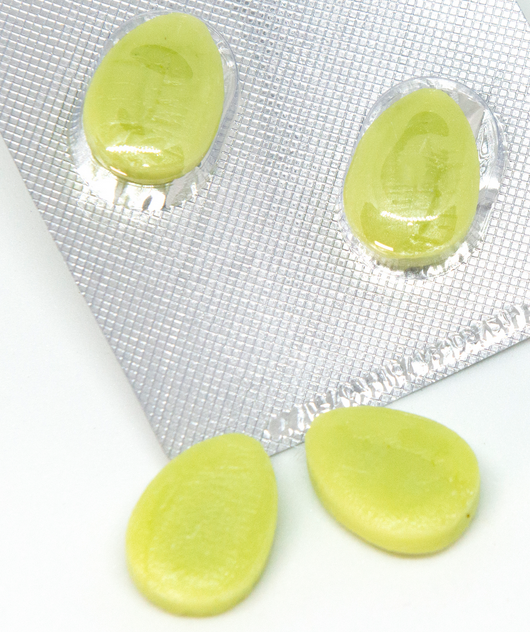This drug comes with several warnings.
Allergy warning
Tadalafil can cause a severe allergic reaction. Symptoms can include:
-
-
- rash
- hives
- trouble breathing or swallowing
- swelling of your lips, throat, or tongue
-
If you develop these symptoms, call 911 or go to the nearest emergency room.
Don’t take this drug again if you’ve ever had an allergic reaction to it. Taking it again could be fatal (cause death).
Grapefruit interaction warning
Eating grapefruit or drinking grapefruit juice may increase the levels of tadalafil in your blood. This raises your risk for side effects.
Alcohol interaction warning
Don’t drink large amounts of alcohol when taking tadalafil. Both alcohol and tadalafil can dilate (widen) your blood vessels. When used together, they can cause your blood pressure to drop.
Warnings for people with certain health conditions
For people with heart disease: Sexual activity creates a risk for your heart. Using tadalafil may increase that risk. Don’t use tadalafil if you have a heart condition and your doctor has advised against sexual activity.
For people at risk for prolonged erections: Tadalafil may cause priapism. This condition causes a painful, long-lasting erection. It is a medical emergency. Talk with your doctor before using tadalafil if you have a condition that puts you at higher risk for priapism. These conditions include blood cell conditions such as sickle cell anemia, multiple myeloma, or leukemia Peyronie’s disease (a curved or deformed penis).
For people with vision problems: Retinitis pigmentosa is a rare genetic eye disease. Tadalafil hasn’t been studied in people with this condition, and its use isn’t recommended. Tell your doctor if you’ve ever had severe vision loss, including a condition called NAION (non-arteritic anterior ischemic optic neuropathy). If you’ve had NAION and take tadalafil, you may be at increased risk for having NAION again.
For people with kidney disease or on dialysis: Your body may not be able to get rid of tadalafil correctly. This means the drug would stay in your body longer and raise your risk for side effects. Your doctor may start you on a lower dosage, have you take it less often, or not prescribe it at all.
For people with liver problems: Your body may not process tadalafil correctly. This means the drug would stay in your body longer and raise your risk for side effects. Your doctor may start you on a lower dosage, have you take it less often, or not prescribe it at all.
For people with bleeding disorders or peptic ulcers: Tadalafil hasn’t been studied in people with these conditions. Using tadalafil may cause or worsen bleeding or ulcers. If you take tadalafil, your doctor may monitor you more closely.
Warnings for other groups
For pregnant women: Studies of this drug in pregnant animals haven’t shown risk to the fetus. However, there aren’t enough studies done in pregnant women using the drug for PAH to show whether the drug poses a risk to a human fetus.
Talk with your doctor if you’re pregnant or planning to become pregnant. Animal studies don’t always predict the way humans would respond. Therefore, this drug should only be used in pregnancy if clearly needed.
For women who are breastfeeding: It isn’t known if tadalafil passes into breast milk. If it does, it may cause serious effects in a child who is breastfed. Talk with your doctor if you’re taking tadalafil and you want to breastfeed.
For seniors: If you are age 65 years or older, your body may process this drug more slowly. Your doctor may start you on a lower dosage so that tadalafil doesn’t build up too much in your body. High levels of the drug in your body can be dangerous.
For children: Children younger than 18 years old shouldn’t use tadalafil. It’s not known if tadalafil is safe and effective in children.
